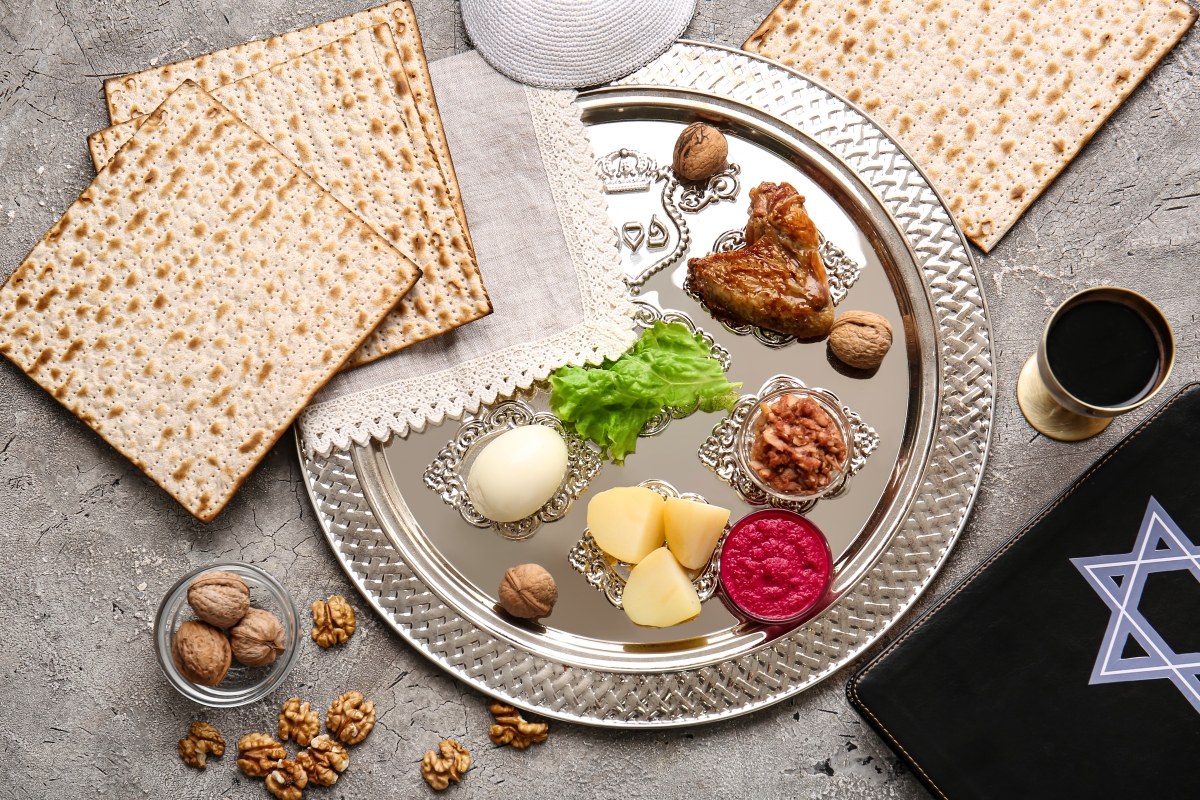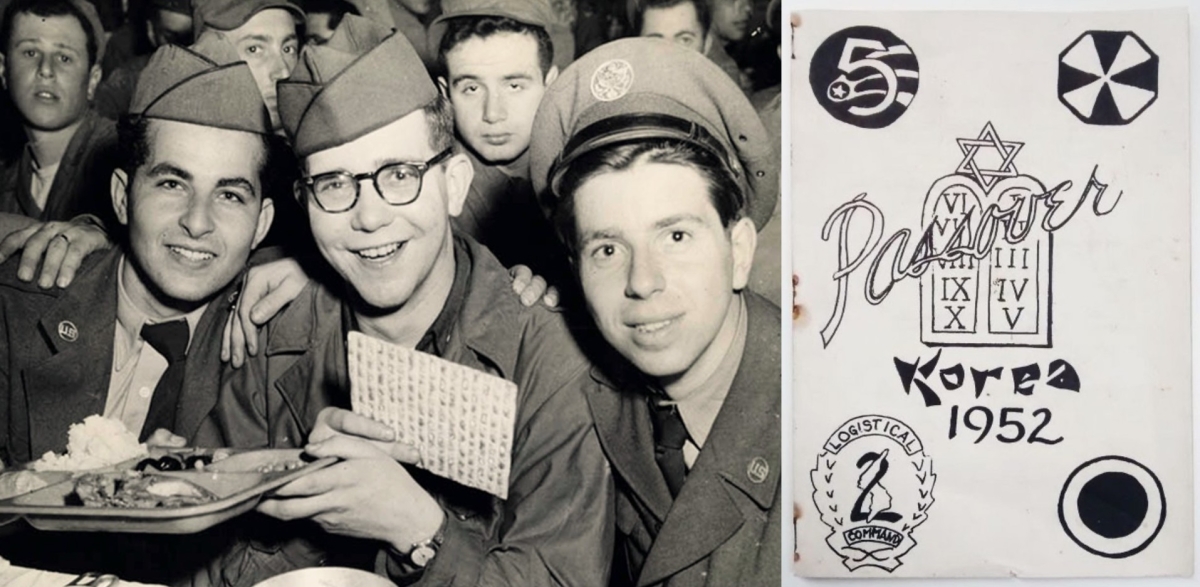[Ambassador Series] Observing Passover in Korea

Special thanks to H.E. Akiva Tor, Ambassador of Israel to the Republic of Korea, for contributing to this article.
Passover, Pesach in Hebrew, is one of the most beloved and widely observed holidays of the Jewish people. Passover commemorates the exodus of the Jews from slavery in ancient Egypt. Also known as the Festival of Unleavened Bread, all leavened bread is forbidden throughout the seven festival days (eight days when celebrating outside of Israel). Bread, cakes and grain products cannot be eaten except for unleavened bread, known as matzah, which symbolizes the Hebrew people’s flight from slavery, during which they did not have time to wait for the bread to "rise," the matzah depicts both the hardships and speed with which they departed Egypt.
On the opening night of Passover, family and friends gather for the Seder to tell the story of Moses’s mission, the plagues on Egypt, Pharaoh’s stubborn refusal to free the slaves and the escape to freedom. The exodus is commemorated by telling the story and by acting out expressions of freedom. The Seder participants read the Haggadah (literally “the telling”), four cups of wine are drunk in a reclining position in the manner of free women and men. To keep the children interested, the afikoman, the last matzah eaten at the end of the Seder meal, is hidden and searched for kind of like Easter eggs.
The Passover story of Exodus from Egypt has served as an inspiration for oppressed people’s everywhere, especially the African-American slaves in pre-Civil War United States. The holiday always occurs at the end of winter and is also called the Festival of Spring. Probably because of its deep emotional and ethical import, Passover is the most celebrated of Jewish holidays by religious and secular Jews alike. In Israel, over 90% of Israeli Jews attend a Passover Seder. In the US, about 70% celebrate, in both cases far more than fast on Yom Kippur.
The Jewish people arrived in Korea for the first time during the Korean War when Chaplain Chaim Potok and approximately four thousand Jewish soldiers came to this land. Since then, the Jewish community has continued to exist as a modest but significant part of Korean society. Over time, the annual Jewish holiday has become increasingly recognized by Korean society and efforts have been made to respect and support this important occasion.
In the midst of the Korean War in 1952, the US Armed forces organized a Passover Seder in Seoul in which some 600 Jewish military personnel participated. A copy of the specially printed Haggadah is in the collection of the Israel National Library, the only Haggadah known to have ever been printed in Korea. Due to the printer’s unfamiliarity with Hebrew, some of the Hebrew text was printed upside down!

Founded in 2008, Chabad Korea is a Jewish outreach group that actively supports the Jewish community in Korea during Passover by providing meals and helping with Seder preparation. With strict dietary restrictions in-place during Passover, such organizations have been of considerable assistance to Jewish people living in Korea for many years.
Interesting Fact: Did you know that even pets can receive special food during Passover? Because of the strict restrictions on eating chametz (leavened grain), there are now a variety of Passover-friendly pet foods available. This means that people and their pets can both modify their diets during this important holiday.
What to do with leftover matzah after Passover:
